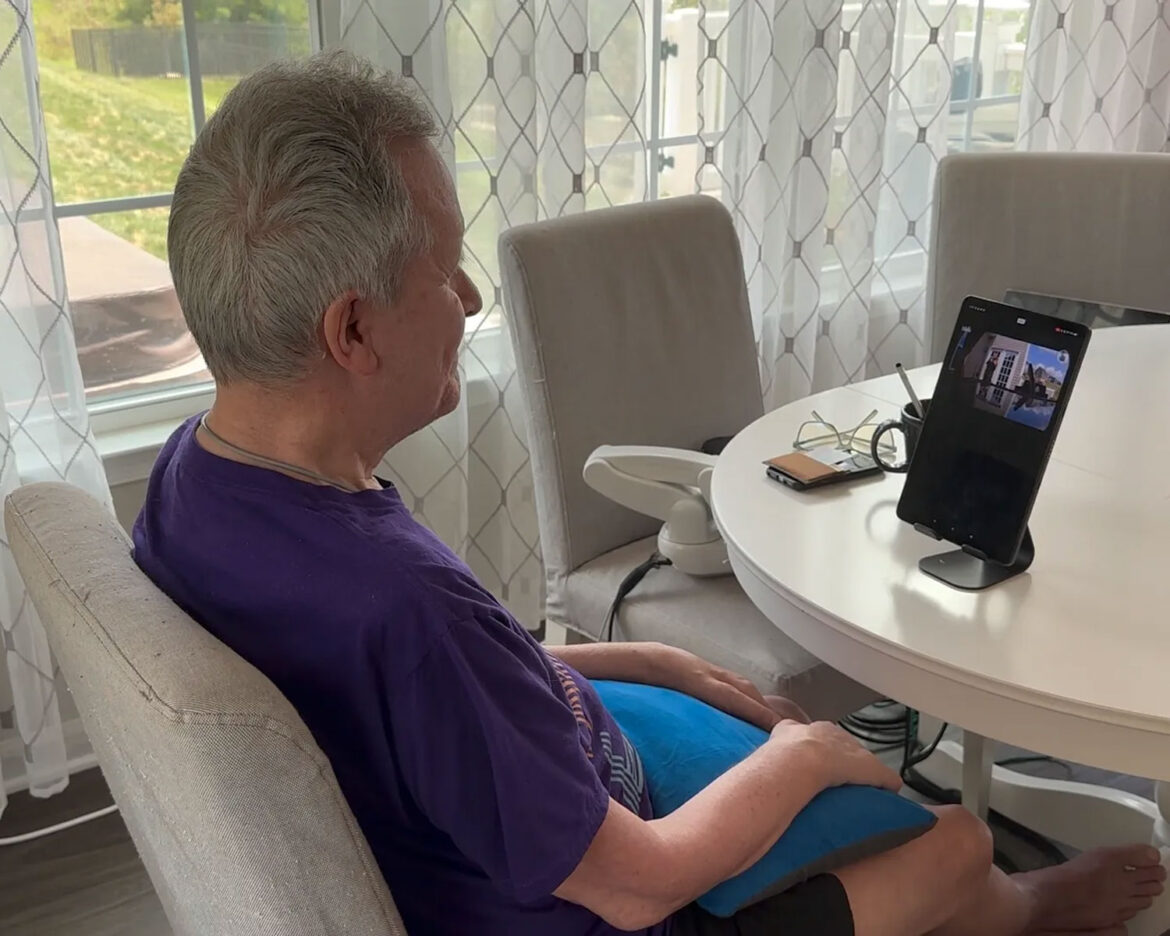A groundbreaking development in assistive technology was announced on Monday, as a patient with amyotrophic lateral sclerosis (ALS) successfully controlled Amazon’s Alexa digital assistant using only his thoughts. The innovation, created by the brain-computer interface company Synchron, allowed the 64-year-old man to stream shows, control devices, and manage his smart home without the need for voice commands or physical interaction.
An implant in a blood vessel on the surface of the patient’s brain enabled him to mentally “tap” icons on an Amazon Fire tablet. Synchron revealed that the patient, named Mark, could make video calls, play music, shop online, control smart home devices such as lights and thermostats, and even read books.
“Being able to manage important aspects of my environment and control access to entertainment gives me back the independence that I’m losing,” Mark shared in a press release.
ALS is a degenerative disease that affects nerve cells in the brain and spinal cord, causing muscle weakness and eventually paralysis. For individuals like Mark, this new technology offers a crucial sense of autonomy.
Tom Oxley, Synchron’s founder and CEO, explained, “While many smart home systems rely on voice or touch, we are sending control signals directly from the brain. Patients can interact with devices in their homes hands and voice-free, using only their thoughts.”
This test marks a significant step forward in brain-computer interface technology, offering hope for greater independence for those living with ALS and other conditions. Synchron joins other companies like Elon Musk’s Neuralink in the race to bridge the gap between the human brain and technology. Musk’s company has already implanted a brain chip in a man paralyzed after a diving accident, with plans for more tests as their technology advances.



